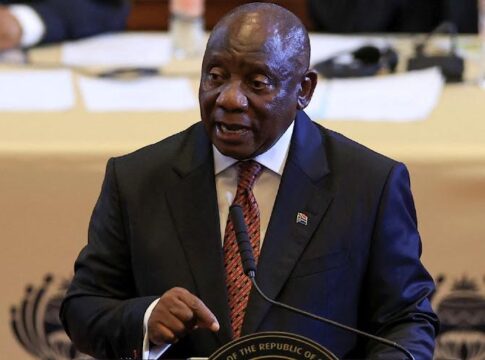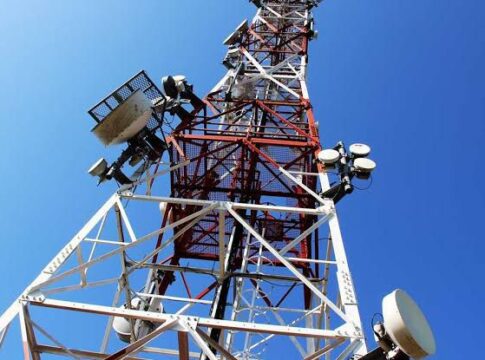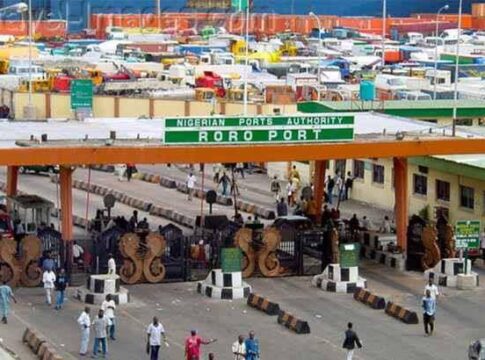South African President Cyril Ramaphosa has vowed that his country “will not be bullied,” following sharp criticism from the U.S. President Donald Trump over South Africa’s land reform initiatives. Trump claimed, without evidence, that the country is “confiscating land and treating certain classes of people very badly,” referencing a law aimed at addressing racial disparities in land ownership.
Speaking at his annual state of the nation address, Ramaphosa refrained from mentioning Trump directly but condemned the rise of global nationalism and protectionism. “We are witnessing the pursuit of narrow interests and the decline of common cause,” he said. “South Africa will stand united and speak with one voice in defense of our national interests.”
This week, U.S. Secretary of State Marco Rubio added fuel to the fire, announcing he would boycott the G20 summit in Johannesburg, accusing South Africa of using the platform to “promote solidarity, equality, and sustainability.” Despite this, South Africa remains determined to use its G20 presidency—the first for an African nation—to champion the interests of the Global South and Africa.
READ MORE: Governor Soludo turning Ekwulobia into a Cosmopolitan City through Urban Regeneration Initiative
Ramaphosa’s firm stance comes as his coalition government, formed seven months ago, grapples with significant challenges. The coalition, created after the African National Congress lost its majority to rival Democratic Alliance, is working to implement a second wave of reforms aimed at spurring economic growth beyond 3%. These include boosting struggling state-owned enterprises like Eskom, the power utility, and logistics giant Transnet, as well as investing in infrastructure.
South Africa’s economic recovery remains fragile, with the central bank forecasting growth of just 1.8% in 2024. Ramaphosa is optimistic that these reforms will unlock new opportunities. “This is about ensuring every South African has access to land, resources, and infrastructure to thrive,” he said, emphasizing that land reform is central to addressing historical injustices.
While the geopolitical tensions with the U.S. cast a shadow, Ramaphosa believes South Africa’s G20 leadership is an opportunity to reshape global discussions. “This is not just about South Africa. It’s about Africa’s voice on the global stage,” he said.
Observers note that this diplomatic standoff could test Ramaphosa’s ability to balance international pressures with domestic needs. Still, for many South Africans, the president’s strong stance against external interference resonates deeply.




